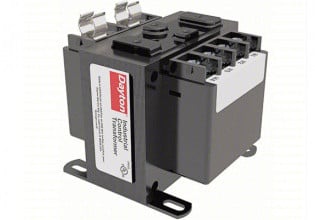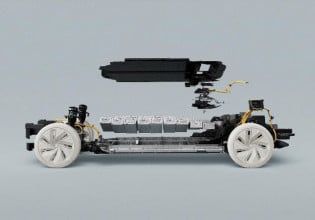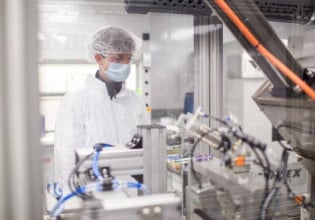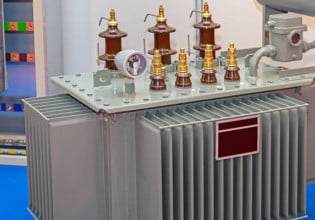Audi to Test New EV Charging Infrastructure
Audi unveiled plans to develop and test high-power charging (HPC) stations for premium-level electric vehicles (EVs).
The company confirmed a pilot project testing the Audi charging hub will be unrolled before the end of 2021. With the new technology, the car manufacturer said it will provide a lounge area near the hubs to allow drivers to wait for their vehicles to charge.
An initial concept showcasing the new EV charging infrastructure. Image used courtesy of Audi
Fostering EV Development
Audi recently announced plans to step up its EV-related efforts, suggesting it will release a range of more than 20 fully electric models by 2025.
To work toward this goal, the company pursued several EV-related projects in the past few years, including one with Hager Group focusing on vehicle-to-home charging techniques.
However, 2021 is also a relevant year for Audi as far as automotive electrification is concerned, with the company confirming more than half of the introduced models this year are EVs.
Audi is also attempting to push the technology towards relatively less expensive budgets, as showcased by the price and specifications of the upcoming Q4 e-tron series. As a direct consequence of its planned increase of EVs on the road, Audi is now working towards a new type of charging technology.
The Audi Charging Hub
The novel technology differs from traditional EV charging stations, where source power from high-voltage lines is connected directly to an electrical grid.
If used on a broader scale, these systems and their energy demand would put a major strain on electrical grids worldwide, with the risks of several drivers charging their cars overnight at the same time and thus causing blackouts.
Instead, the Audi charging hub utilizes stationary battery packs charged overnight from DC instead, when electricity demand is lower, allowing drivers to charge their cars during the day using stored energy.
A concept of the upcoming Audi charging hub. Image used courtesy of Audi.
To keep up with particularly high load demands, solar panels will be installed on the roof to keep the batteries charging during the daytime.
“The charging hub embodies our aspiration for the electric era and highlights Audi’s commitment to ‘Vorsprung Durch Technik,’” explained Oliver Hoffmann, Member of the Board for Technical Development of Audi AG. “A flexible high-performing HPC charging park like this does not require much from the local electricity grid and uses a sustainable battery concept.”
An Innovative and Sustainable Technology
The Audi Charging Hub will be made of stationary packs and built by repurposing decommissioned batteries from old electric cars, thus providing a more sustainable solution for the environment.
Each cube will deliver storage capability of up to 2.45 MWh, and Audi anticipates a total of six charging stations per hub, providing outputs of 300kW and allowing for fast recharges.
For context, Audi said that, during trials, the hub was able to charge an e-tron GT fully in roughly 30 minutes.
The automotive manufacturer also announced that, in order to encourage drivers to use the hub, the new technology will be paired up with a premium, lounge area where individuals will be able to pass the time, eat snacks and purchase drinks while they wait for their vehicle to be charged.
A concept of the upcoming Audi charging hub lounge. Image used courtesy of Audi.
“Our customers benefit in numerous ways,” Hoffmann said, “from the ability to make exclusive reservations, a lounge area, and short waiting times thanks to high-performance charging. This is consistent with the premium concept.”
A pilot program illustrating the commercial potential of the Audi charging hub will be deployed in Germany by the end of the year.






